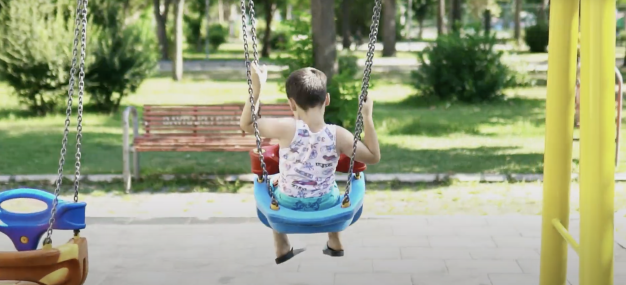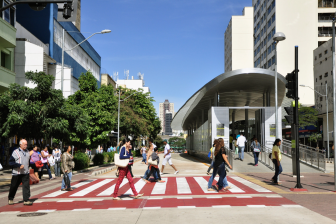
UNICEF demands ‘systematic closure’ of Europe’s large residential child care institutions
Almost half a million children in Europe and central Asia across Europe are living in residential care, including large-scale institutions.
This is almost double the global average, with 232 per 100,000 children affected, compared to 105 per 100K worldwide, says charity UNICEF.
Its report, Pathways to Better Protection: taking stock of the situation of children in alternative care in Europe and Central Asia, says there remains an ‘over-reliance’ on residential instead of family-based care.
The situation, it adds, has also been exacerbated by an increase in accompanied and separated children and young people who have come to Europe in recent years seeking asylum.
UNICEF says the time has come for the closure of large-scale institutions used to accommodate children, with Regina De Dominicis, Regional Director for Europe and Central Asia, saying: “We have a long way to go before ending Europe and Central Asia’s long and painful legacy of institutionalising children – while there have been some improvements, progress has been far from equal.”
‘Progress has been far from equal’
But there are some positive trends highlighted in the report, including a fall in many countries, including Bulgaria, Moldova and Georgia, since 2010 in the proportion of children living in residential care. Family-based care has become ‘the dominant type’ of formal alternative care, thanks largely to governments investing in ‘deinstitutionalisation policies’.
In Türkey and Romania, investments in prevention, family support and promotion of foster care have helped cut the number of children in certain types of residential care facilities, such as children’s homes.
UNICEF says the ‘negative impacts of family separation and institutionalisation on children’s health, development and well-being are well-documented’, with children living in large-scale institutions often facing emotional neglect and higher rates of abuse and exploitation, leading to mental health problems, psychological distress, and trauma.
‘Children in institutions can struggle to form positive relationships throughout childhood and adulthood, leaving them feeling isolated and lonely,’ says the report. ‘Children who are in residential care – especially from a young age – can experience cognitive, linguistic, and other developmental delays, and are more likely to be in conflict with the law, perpetuating cycles of institutionalisation’.
UNICEF adds that, in line with the Convention on the Rights of the Child, the Convention on the Rights of Persons with Disabilities and the UN Guidelines on Alternative Care, there should be ‘systematic closure of large-scale institutions used to house and educate children’. This includes replacing residential facilities housing children with disabilities or unaccompanied and separated children, with high quality family- and community-based care.




